Recommendation
Fairleigh Dickinson University professor John W. Schiemann applies game theory to the horrors of torture to show that torture cannot yield valuable information. His analysis proves thought provoking and convincing. Schiemann reviews philosophical, ethical and political arguments for and against torture, and he evaluates how torture functions in practice as an information-gathering technique. Because Schiemann describes dreadful torture techniques and conducts his analysis using symbolic reasoning and quite complex game theory, his approach isn’t for every reader, although he restates most points in simpler prose. While any discussion of torture is sensitive and difficult to bear, including this one, getAbstract recommends these groundbreaking research insights to those interested in the military, politics, the war on terrorism, game theory and ethical decision making.
Summary
About the Author
Author of The Policy of Pact-Making, John W. Schiemann is an associate professor of political science at Fairleigh Dickinson University.









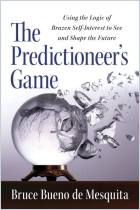
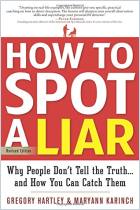
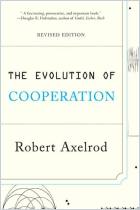
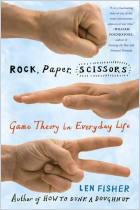
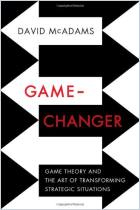
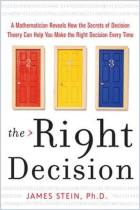



Comment on this summary or Start Discussion